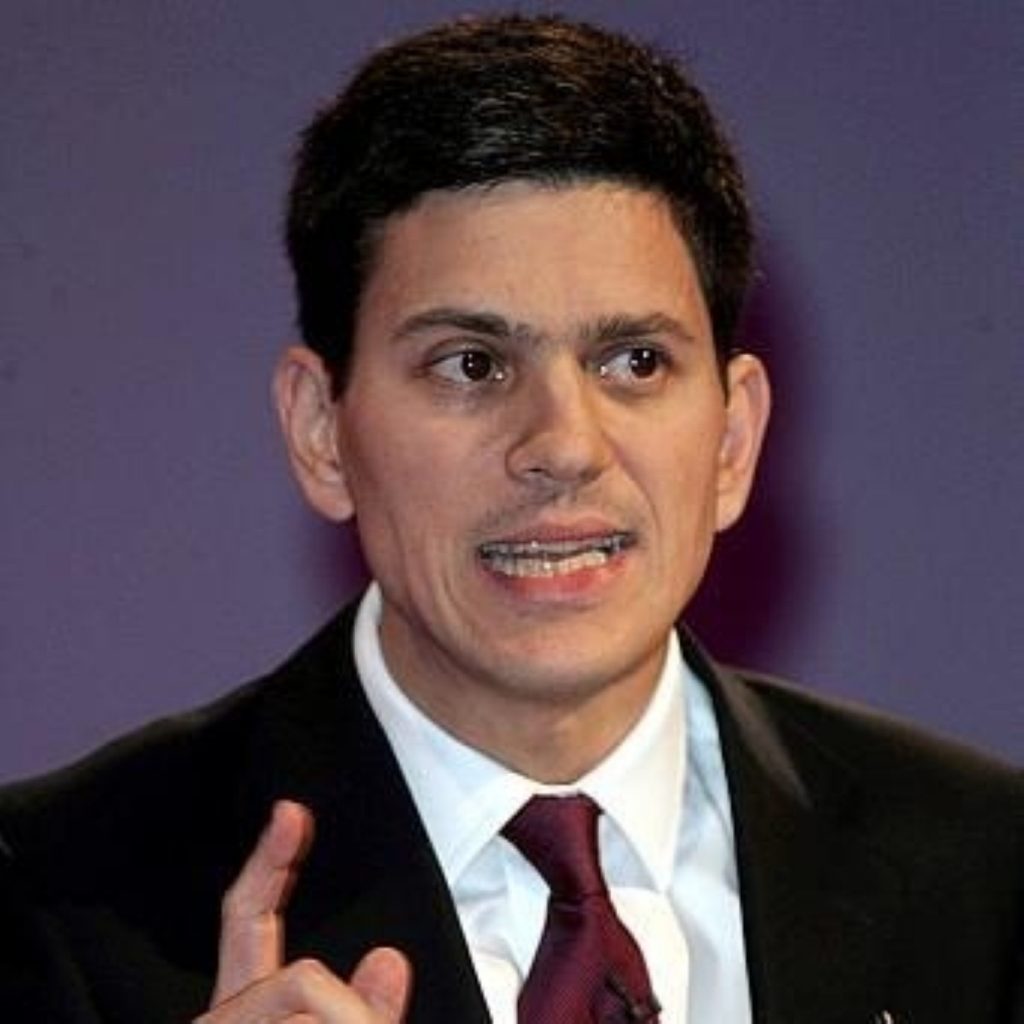Ministers moot ‘carbon credit cards’
People could be issued with personal carbon allowances which they would spend through a “carbon credit card”, under plans being considered by the government.
A new report for the Department for the Environment, Food and Rural Affairs (Defra), recommends that such cards, which would be used every time someone bought food, petrol, flights or paid for gas and electricity bills, could be in use within five years.
Environment minister David Miliband told The Guardian that the details of the scheme still needed to be worked out, but stressed that “bold thinking is required because the world is in a dangerous place”.
Mr Miliband raised the idea of personal carbon allowances earlier this year, but a study by the Centre for Sustainable Energy for his department is thought to make a strong case for how this could work.


According to the newspaper, the study points to supermarket loyalty schemes, which log billions of transactions a year, as proof that people’s actions could be tracked in a way that would allow a carbon scheme to work.
Each citizen would be issued with a set amount of carbon emissions they could emit, which would be used up when going on holiday, buying energy and so on. Any credits left over could be sold off, and bought by someone who needed more than their quota.
“It is a way of pricing carbon emissions into individual behaviour and it would recognise carbon thrift as well as economic thrift,” Mr Miliband said.
Labour is being forced on the defensive on the environment as David Cameron puts green issues at the heart of his new ‘compassionate Conservatism’.
Gordon Brown’s pre-Budget report last week was greeted with disappointment by many environmental campaigners, who said the increase of 1.25p in fuel duty, a doubling of air passenger duty and a new target for zero carbon homes were insufficient measures.
Today Mr Miliband defended the report, saying the home building plans in particular were a big step, but admitted the government must offer radical solutions to climate change if it was to regain the initiative.
“Climate change requires us to change our policies and our politics in fundamental ways so that we are seen as the change at the next election. Climate change is the mass-mobilising movement of our age,” he told the newspaper.
He added: “We’ve got to be clear that we have got to be the change. The environment forces us to do that because it’s such a fundamental challenge.”

